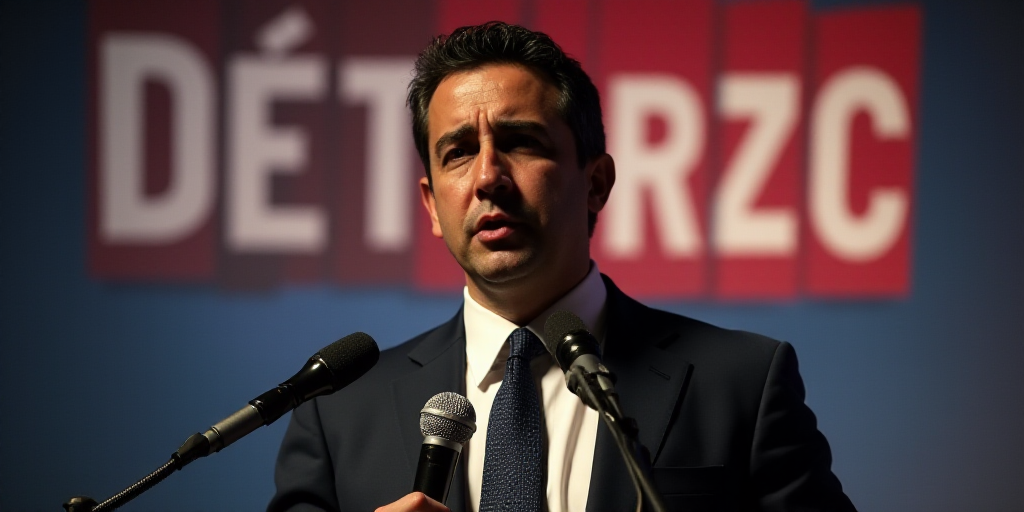Background on Marcelo Ebrard and His Relevance
Marcelo Ebrard, Mexico’s Secretary of Economy, recently highlighted that his country holds the best comparative advantages regarding tariffs imposed by the United States. Understanding Ebrard’s role and Mexico’s position in this context is crucial for grasping the significance of his statement.
Marcelo Ebrard, a prominent Mexican politician and former mayor of Mexico City, has been serving as the Secretary of Foreign Relations since 2018. In this capacity, he plays a vital role in shaping Mexico’s international relations and trade policies. His recent comments on tariffs underscore the importance of his position in navigating Mexico’s economic landscape amidst ongoing trade tensions between the US and other countries.
Overview of Tariffs Imposed by the US
The United States imposed tariffs on imports from 57 countries or jurisdictions, ranging between 11% and 50%. These tariffs were initially set to take effect on April 9 but were postponed for 90 days, except for China. Moreover, the US implemented a minimum tariff of 10% on all imports and sector-specific tariffs of 25% on steel, aluminum, and automobiles.
Mexico’s Comparative Advantages
Ebrard emphasized that Mexico currently enjoys the best comparative advantages in terms of tariffs imposed by the US. He explained that while Mexico does face a 3% tariff on steel and aluminum, like other countries, the remaining 77% of Mexican exports are free from tariffs.
Comparative Advantages in Auto Exports
Mexico’s auto exports to the US face a lower average tariff compared to other countries. A new methodology will be established to proportionally deduct the value of US-origin auto parts integrated into these exported vehicles. This will allow Mexican importers under the US-Mexico-Canada Agreement (T-MEC) to certify their US content and implement systems ensuring that the 25% tariff only applies to non-US content.
Tariff Exemptions for T-MEC Compliance
The T-MEC agreement includes a clause that exempts automotive parts manufacturers who comply with the agreement from tariffs, provided the US Department of Commerce, in consultation with the US Customs and Border Protection (CBP), establishes a process to apply tariffs to non-US content.
Key Questions and Answers
- What are comparative advantages? Comparative advantages refer to a country’s ability to produce a good or service at a lower opportunity cost compared to another country. In this context, Mexico’s comparatively low tariffs give it an edge over other countries in exporting to the US.
- Why are Mexico’s tariffs considered better? Despite having a 3% tariff on steel and aluminum, like other countries, Mexico’s remaining 77% of exports are tariff-free. This gives Mexican exporters a significant advantage over their competitors.
- How will auto exports to the US be affected? A new methodology will be implemented to proportionally deduct the value of US-origin auto parts in exported vehicles. This will allow Mexican importers under the T-MEC to certify their US content and ensure that tariffs only apply to non-US content.
- What are the tariff exemptions for T-MEC compliance? Automotive parts manufacturers who comply with the T-MEC will be exempt from tariffs, provided the US Department of Commerce establishes a process to apply tariffs to non-US content in consultation with the CBP.
In summary, Marcelo Ebrard’s assertion that Mexico holds the best comparative advantages in US tariffs stems from its relatively low tariff rates, particularly in auto exports. The implementation of new methodologies and tariff exemptions under the T-MEC agreement further solidifies Mexico’s position as a favorable trading partner for the United States.






